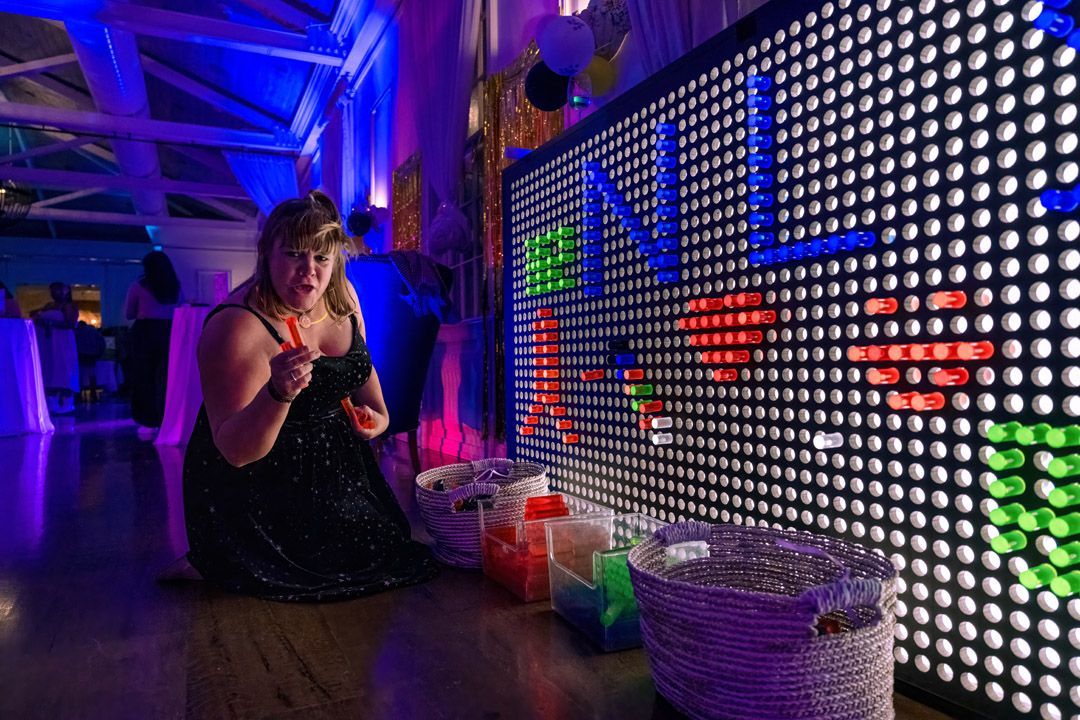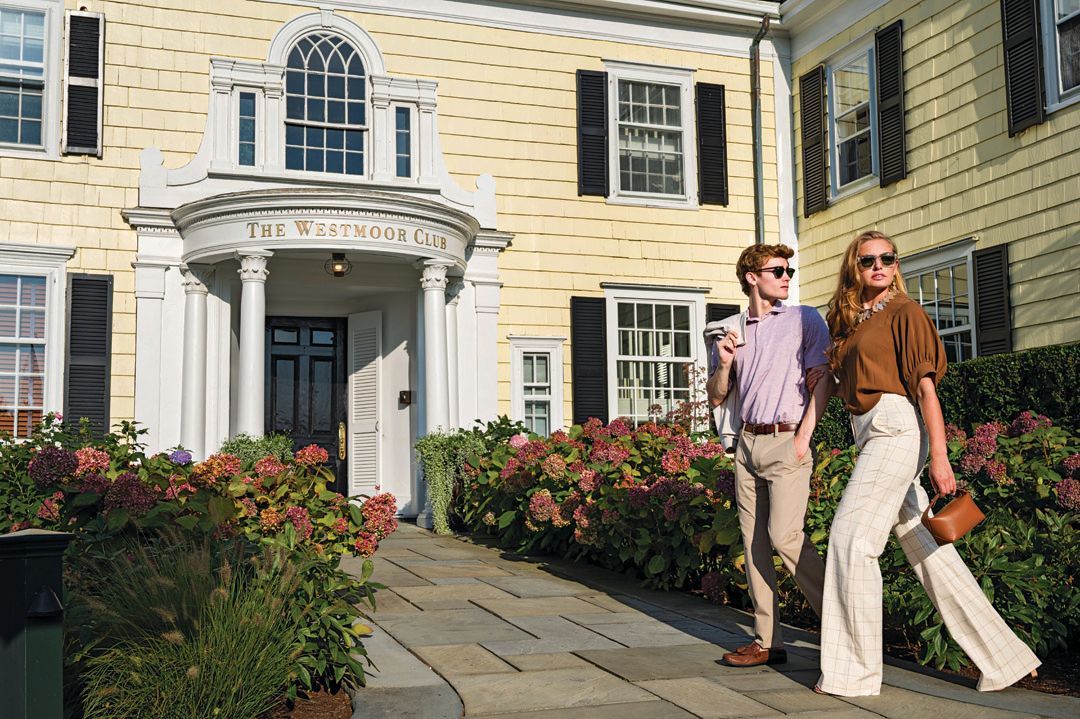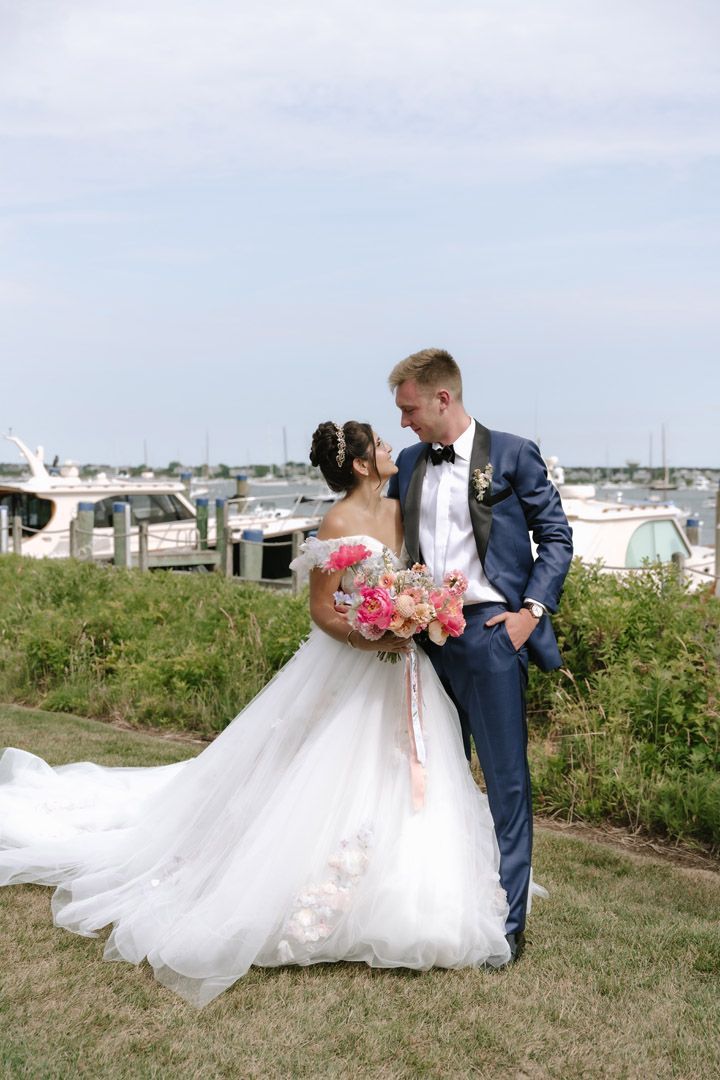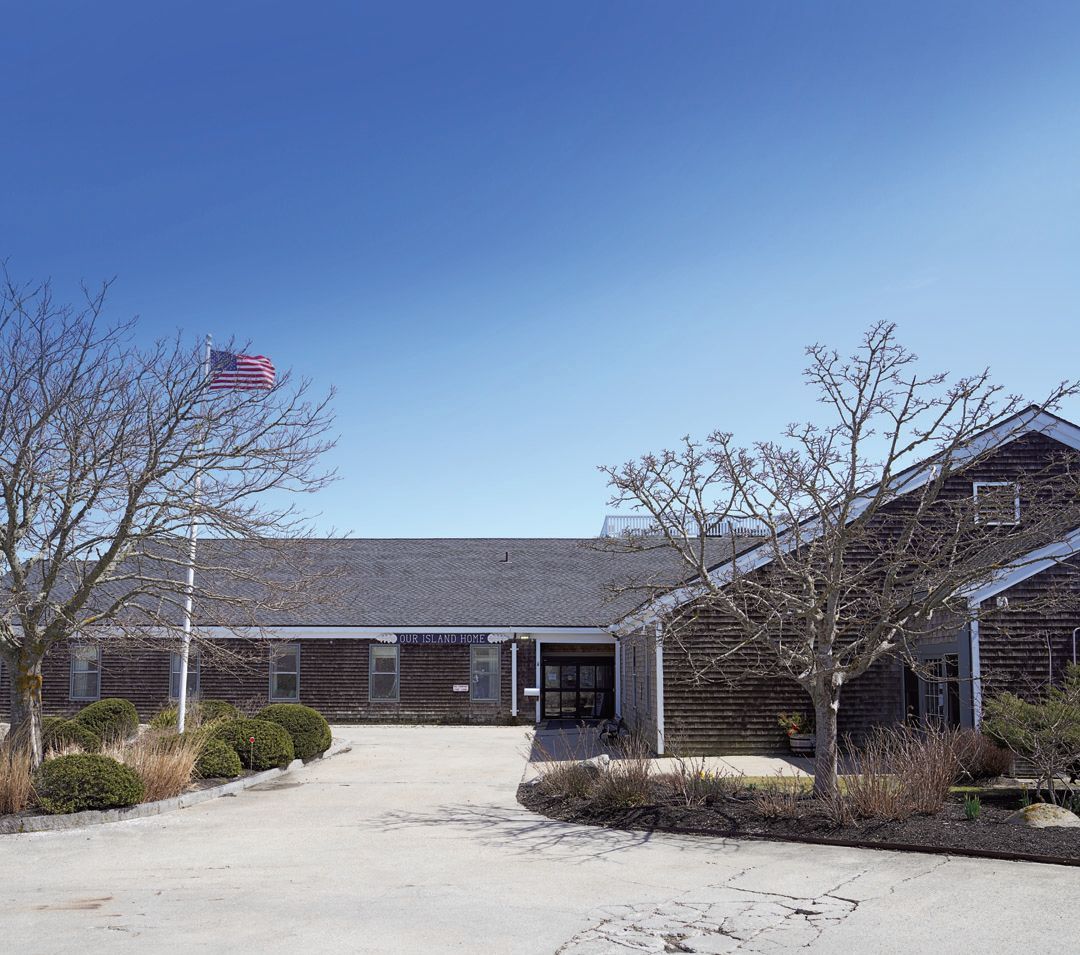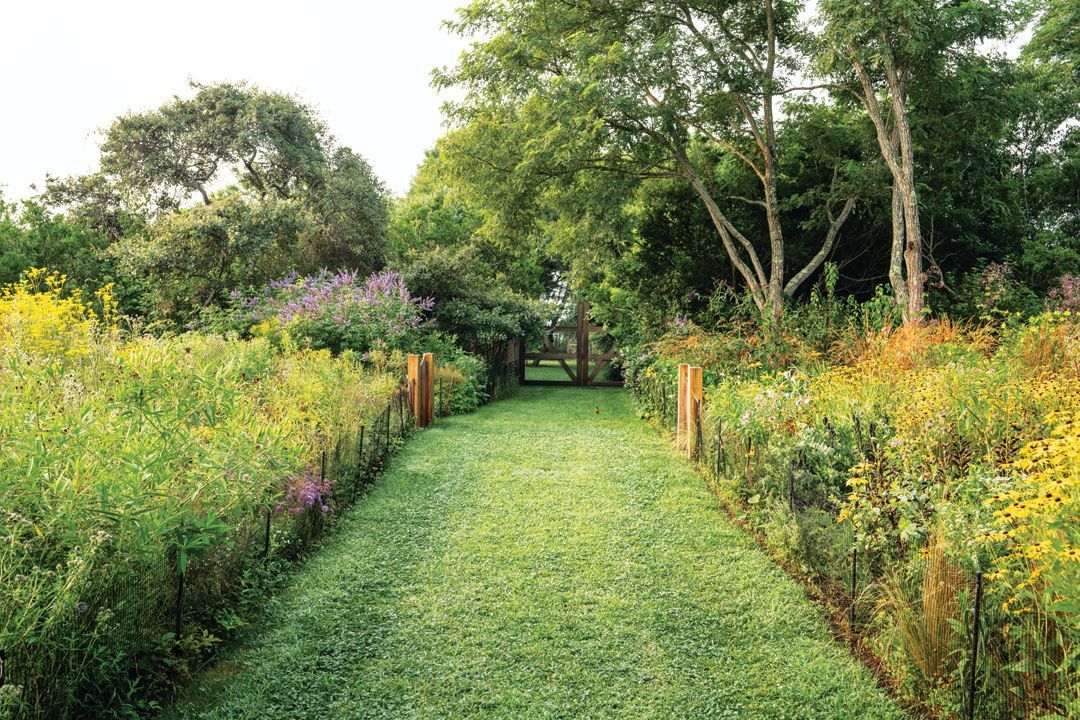CONSERVATION CONVERSATION
A quick chat with the Nantucket Conservation Foundation’s Neil Foley.
story by Nantucket Magaazine
What are some of the benefits of planting native plants in our gardens?
When choosing native plants over introduced species from another continent or region, you landscape with a sense of place—it’s the genuine Nantucket. Our native plants are adapted to the unique growing conditions on-island and support a healthier ecosystem. Native plants do not need added fertilizer, which helps our harbors, ponds and shellfish. They also need less water, which makes them more resilient to changing weather patterns. Beyond being adapted to the soil and weather conditions, native plants provide the appropriate pollen, fruit and habitat for the beneficial species we have on-island.
For someone looking to have a beautiful floral garden, what’s one native plant you would recommend and why?
Sweet pepperbush is always an excellent choice! Also known as Clethra, this beautiful native flowering shrub grows quickly, is easily maintained, and will give your yard columns of sweet-smelling white or pink flowers in June. Plus, the pollinators love it and the deer won’t eat it!
Why are non-native plants a detriment to the island?
Non-native plants are still adapted to life in their home range and require more care and resources to adjust to island living. When planting a species from another continent, you are not bringing other animals or insects that evolved to use those plants and keep their growth in balance. This often leads to unchecked growth and non-native plants taking on invasive species status. Invasive species crowd and outcompete some beneficial native plants, leaving our native wildlife with poor food and habitat choices.
Where does the Conservation Foundation stand as it relates to the debate around fertilizers?
NCF definitely supports the best management practices for fertilizer use. Overuse and ill-timed application of fertilizers are negatively impacting the water quality and health of our harbor watershed and ponds. Excess nitrogen and phosphorus in our water increase the risk of harmful algal blooms and further the degradation of harbor health, particularly eelgrass. Excess fertilizer has long-reaching effects on our vulnerable shellfisheries and the safety of recreating in and around freshwater ponds during the summer.
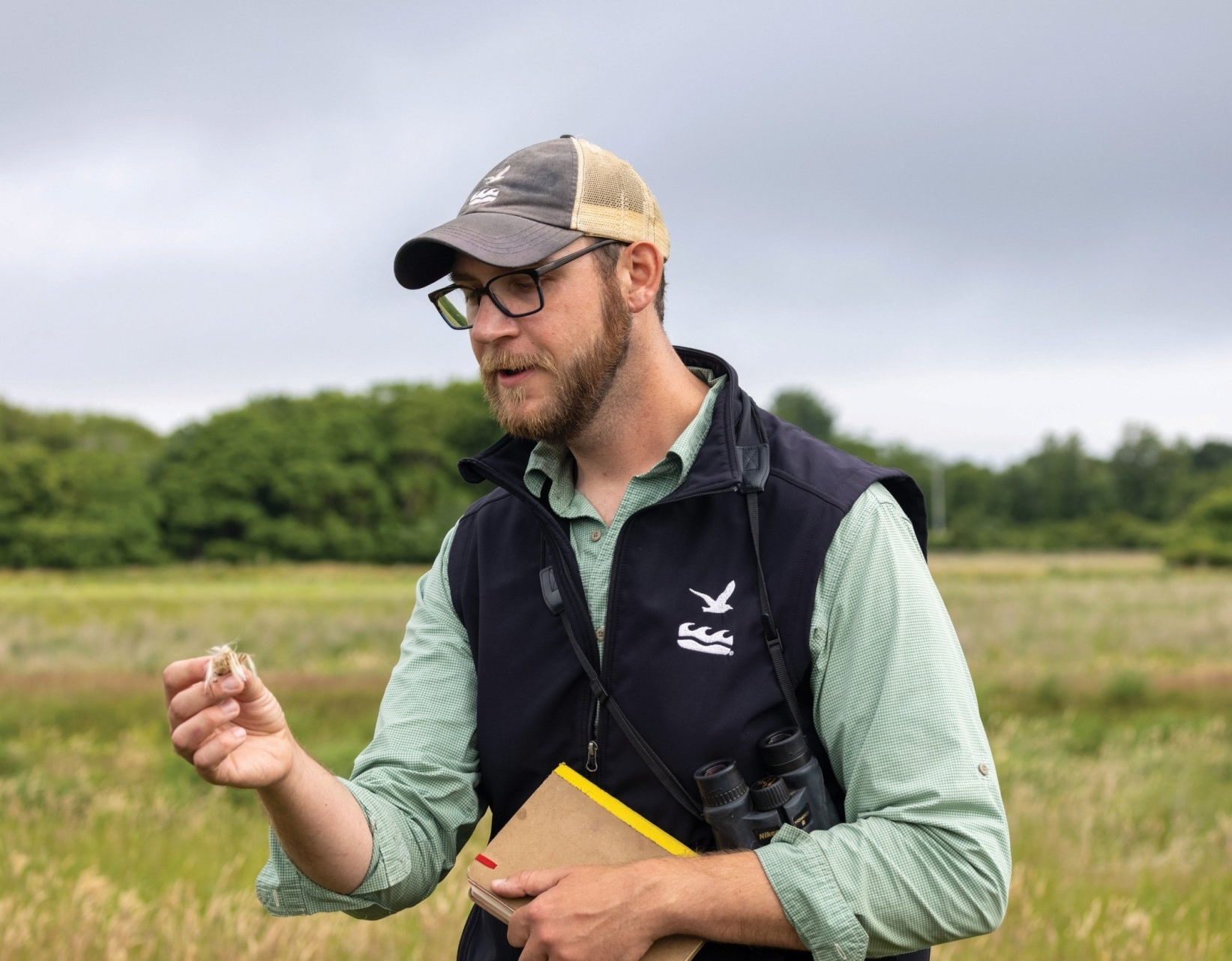
What’s one thing about the Conservation Foundation that most people don’t know?
We are about to enter our sixtieth year of protecting this incredible island, so we predate most other science-based organizations on Nantucket. On top of providing free access to hundreds of miles of trails and roads, we are continuing to explore new avenues to expand our community engagement, educational offerings and diverse ecological research. Another decade means another reason to celebrate, so come join us for an event or adventure!

